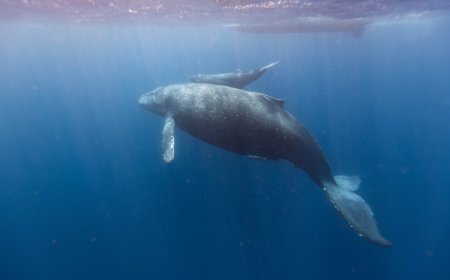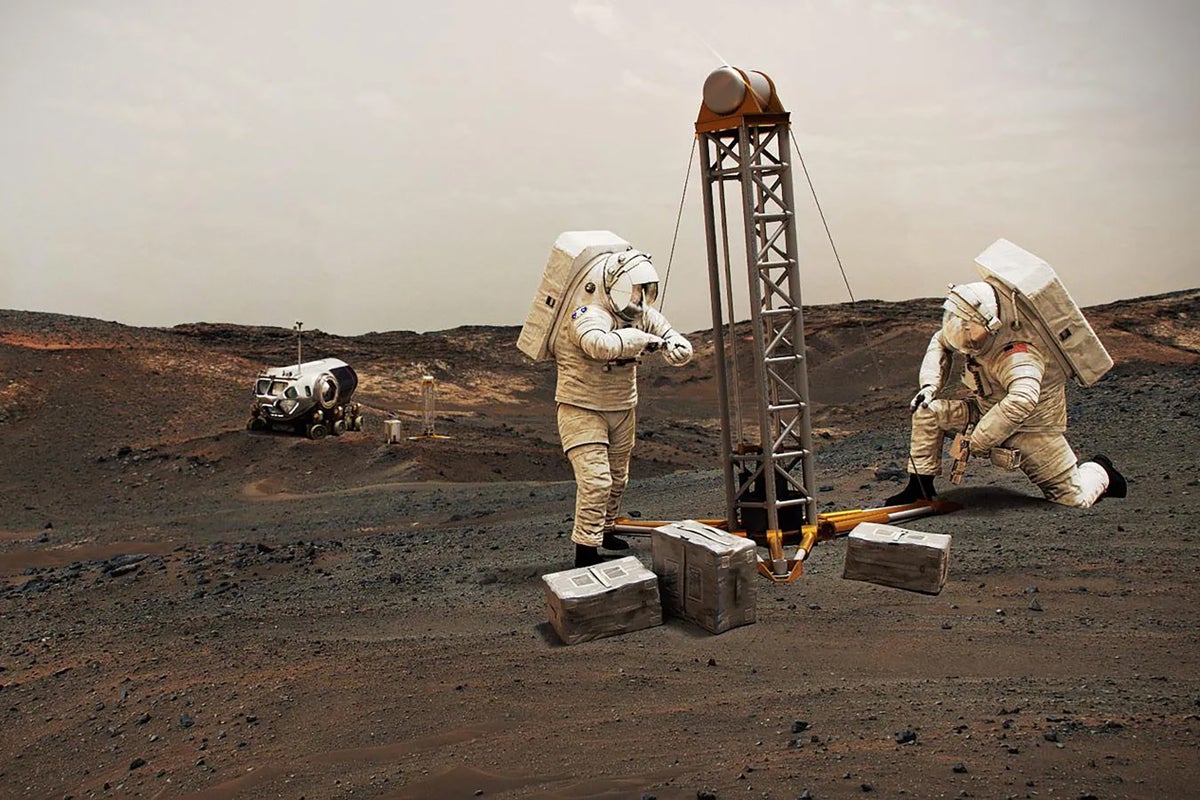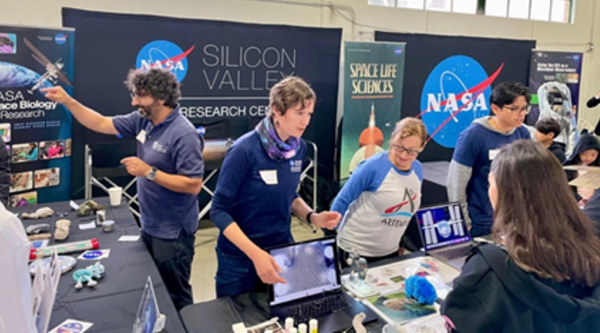‘Vast and Rich:’ Studying the Ocean With NASA Computer Simulations
“Every time I help with visualizing [ocean] simulation data, I learn about an entirely new area of ocean or climate research, and I’m reminded of how vast and rich this area of research is. And…the real magic happens at the intersection and interaction of simulated and observed data. It is a great honor – and […]
“Every time I help with visualizing [ocean] simulation data, I learn about an entirely new area of ocean or climate research, and I’m reminded of how vast and rich this area of research is. And…the real magic happens at the intersection and interaction of simulated and observed data.
It is a great honor – and a thrill – to collaborate with devoted, world-class scientists doing such important, cutting-edge research and sometimes to even help them learn something new about their science.”
Dr. Nina McCurdy
Data visualization scientist with the NASA Advanced Supercomputing division at NASA’s Ames Research Center in California’s Silicon Valley
This Earth Day, learn more about the work of Nina and other Ames researchers studying our planet: Celebrating Our Ocean World at NASA in Silicon Valley.
What's Your Reaction?







































